In 2018, a data breach put 30 million Facebook accounts at risk, of which, 29 million people had personal information stolen from them. There’s no denying that social media has become an integral part of our lives. We use it to keep in touch with friends and family, share news and experiences, and connect with like-minded people. However, social media also comes with many risks from fraud to identity theft, to actual physical danger. For this reason, it’s crucial to learn what you can about staying safe on social media.
And that’s where this guide comes in! We’ll take a look at how hackers collect data from social media sites, and the steps you can take to protect your information. By the end of this guide, you’ll have a better understanding of how to use social media safely.
Why social media safety is so important?
Before anything else, it’s essential to get some context on why social media safety is so important. After all, what’s the big deal if a hacker gets access to your social media account?
Well, it turns out that hackers can use the information they find on social media to commit a number of crimes. For example, they might use your name and address to open up a new credit card account in your name. Or they might use your social media profile to impersonate you and scam people out of money. In other cases, hackers might use the information they find on social media to blackmail or harass you.
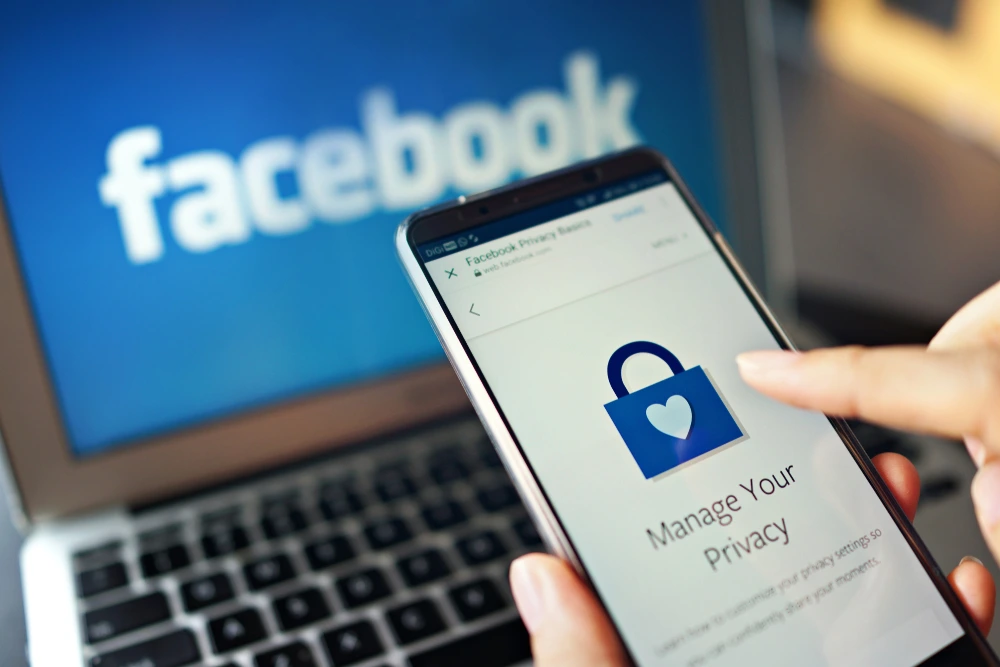
As you can see, there are many ways in which hackers can take advantage of your personal information. Social media is one of the main ways in which they collect that data. That’s why it’s so important for people to start taking social media security seriously.
Best social media safety tips
So that begs the question — how do you stay safe on social media? It’s not as complicated as you might think and you’ll find that most of them are just common sense.
Here are some of the best social media safety tips that you can do to keep your information private on social media:
Use strong passwords and two-factor authentication
This one should be a no-brainer, but it’s amazing how many people still use weak passwords for their social media accounts or don’t bother to enable two-factor authentication.
If you want to keep your information safe, you need to start using strong passwords. That means using a mix of upper and lowercase letters, numbers, and symbols.
If you need help coming up with a strong password, you can use websites like Strong Password Generator to create one for you. These are free tools that will create a secure password that’s difficult for hackers to guess.
And if you’re really serious about keeping your social media accounts safe, then you should also start using a password manager. This is a piece of software that stores your passwords in an encrypted format. That way, even if a hacker does get access to your password, they won’t be able to read it. Two of the most popular password managers are LastPass and Dashlane. Both of these services offer a free version that you can use to store your passwords.
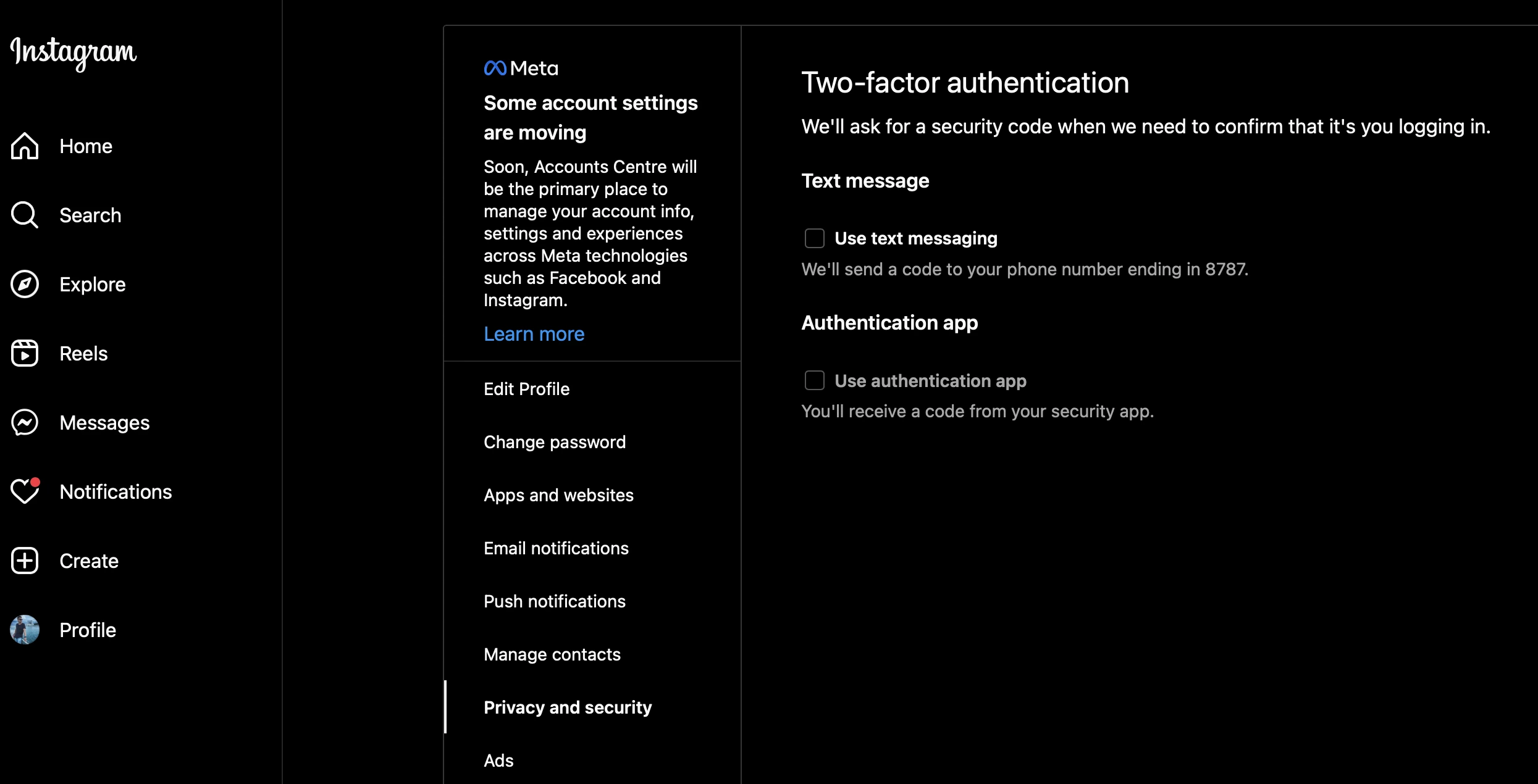
Lastly, two-factor authentication is essential as it adds an extra layer of security by verifying your identity. If you haven’t enabled two-factor authentication, I highly recommend enabling it today. Also, it is a good practice to change your passwords at least 2 times a year for all of your accounts.
Be cautious when responding to “friend” requests
Not everyone is a “friend” on social media. When it comes to social media safety, one of the best things you can do is be careful about who you “befriend.” Hackers will often create fake social media accounts and send out friend requests to people they don’t know. If you accept their request, they’ll then have access to your account and all of the information that’s stored there.
So how can you tell if an account is fake? There are a few things you can look for.
1. How long has the account been active?
Check to see how long the account has been active. If it was created within the last week or so, then it’s probably a fake.
2. Check out the profile picture
If it’s a generic image that you can find anywhere on the internet, then it’s most likely a fake.
3. Look at their list of friends
Finally, take a look at their list of friends. If they don’t have any, or if their list is mostly people you don’t know, then it’s probably a fake.
4. When in doubt… DON’T
If you’re ever unsure about an account, err on the side of caution and don’t accept their friend request. Also, you can set you account privacy setting to private, so everyone who is not your subscriber will now allow to message you or send photos.
Be selective about what info you share and when
The UK recently issued a warning to social media users to be careful about posting what you are doing and why, this includes photos of new keys to new homes! Burglars can copy keys from photos and break in when you’re away on holiday — thanks to your “wish you were here” post.
You might think it’s great to post everything about your life on social media, but that’s not the best idea. The more information you share, the easier it is for criminals to take advantage of you.
Think twice before posting your home address or phone number. And you should never post your social security number, credit card number, or bank account information.
If you’re going to be away, post pictures once you are back!
Set your privacy settings to high
If you’ve ever looked up old friends, you’ll know this to be true… only 25% of social media users set their accounts to private. Most social networks have privacy settings that you can use to control who can see your information. And you should always set these to the highest setting. That way, only people you know and trust will be able to see what you’re posting.
To find your privacy settings, just look in the settings section of your social media account. From there, you should be able to find the privacy settings and adjust them to your liking.
For example, on Facebook, you can adjust your privacy settings by going to the “Privacy” section of your account. From there, you can choose who can see your posts, photos, and personal information.
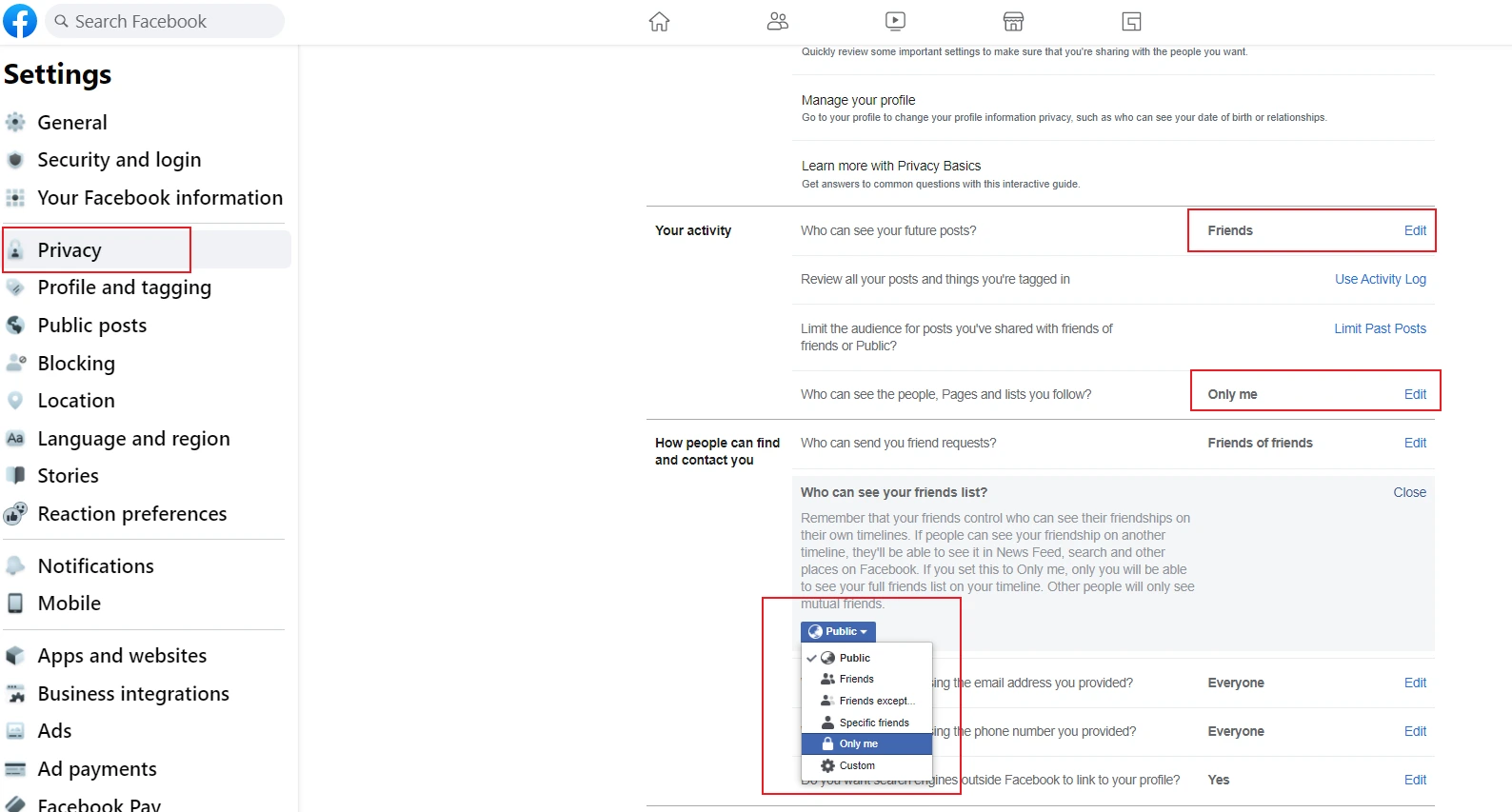
Mind the links
One of the easiest ways for hackers to gain access to your social media account is by tricking you into clicking a malicious link. Hackers will often send out fake messages or posts that contain links to malicious websites. If you click on one of these links, it can install malware on your computer or give the hacker access to your account.
So you need to be careful about the links you click on social media. If you’re not sure if a link is safe, err on the side of caution and don’t click it. And if you’re ever asked to enter your username and password into a website, make sure that the website is legitimate before doing so. Better yet, just go to the website yourself and log in from there.
Don’t respond to messages from strangers
If you get a message from someone you don’t know on social media, the best thing to do is ignore it. Hackers will often send out messages in an attempt to trick people into giving them their personal information. So if you get a message that looks suspicious, don’t respond to it.
Close social media accounts that you’re no longer using
If you have social media accounts that you’re no longer using, it’s a good idea to close them. The more social media accounts you have, the more likely it is that one of them will get hacked. So if you’re not using a particular account, there’s no reason to keep it open.
To close a social media account, just go to the settings section of the account and look for the option to deactivate or delete the account. Once you do that, your account will be closed and all of your information will be deleted.
Make it a habit to sign out of your account
When you’re finished using social media, make it a habit to sign out of your account. That way, if someone does manage to get your password, they won’t be able to access your account because you’ll still be logged out. This is essential if you’re using a public computer such as at a local gym or club.
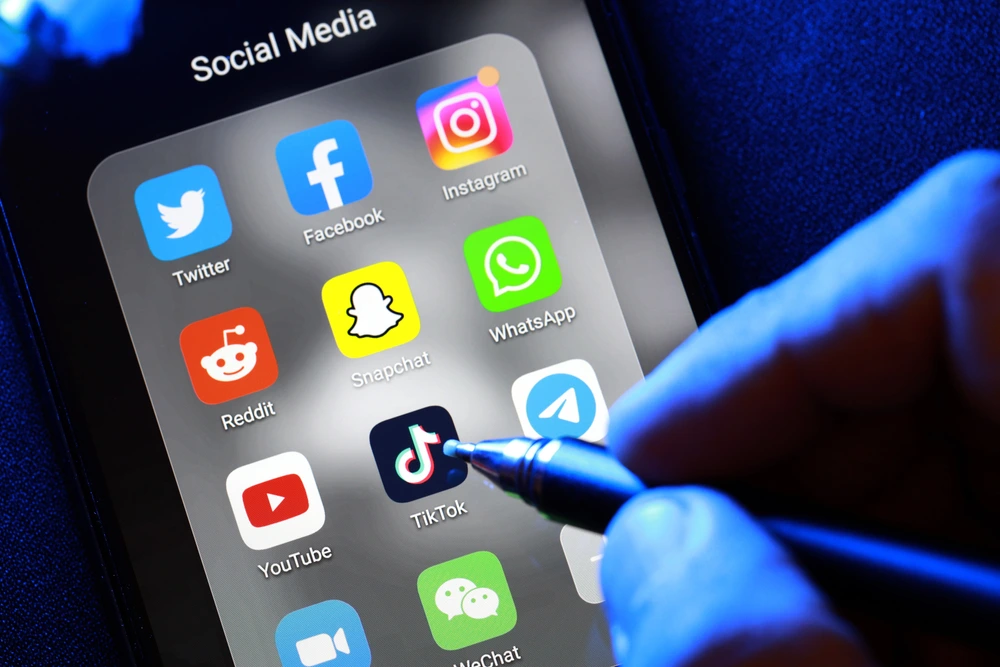
To sign out of your social media account, just look for the option to log out in the settings section of the account. Once you do that, you’ll be signed out and no one will be able to access your account. This might seem like a hassle, especially on a smartphone, where it’s easy to just leave the app open. But every bit helps when it comes to social media security.
Enable email notifications for your social media account
Facebook and Instagram have some additional security features for maximum security. For example, Instagram or Facebook will send you an email for each unknown login. It is a very useful feature, especially when you try to login to your account from a new device.

Also, you will receive an email when someone is trying to log in to your account or someone is trying to change your password. When you received such an email, the best way to protect your account is to change your password immediately. Also, it would be great to enable two-factor authentication for your account, so the hacker would need to know not only your password but your secret key number.
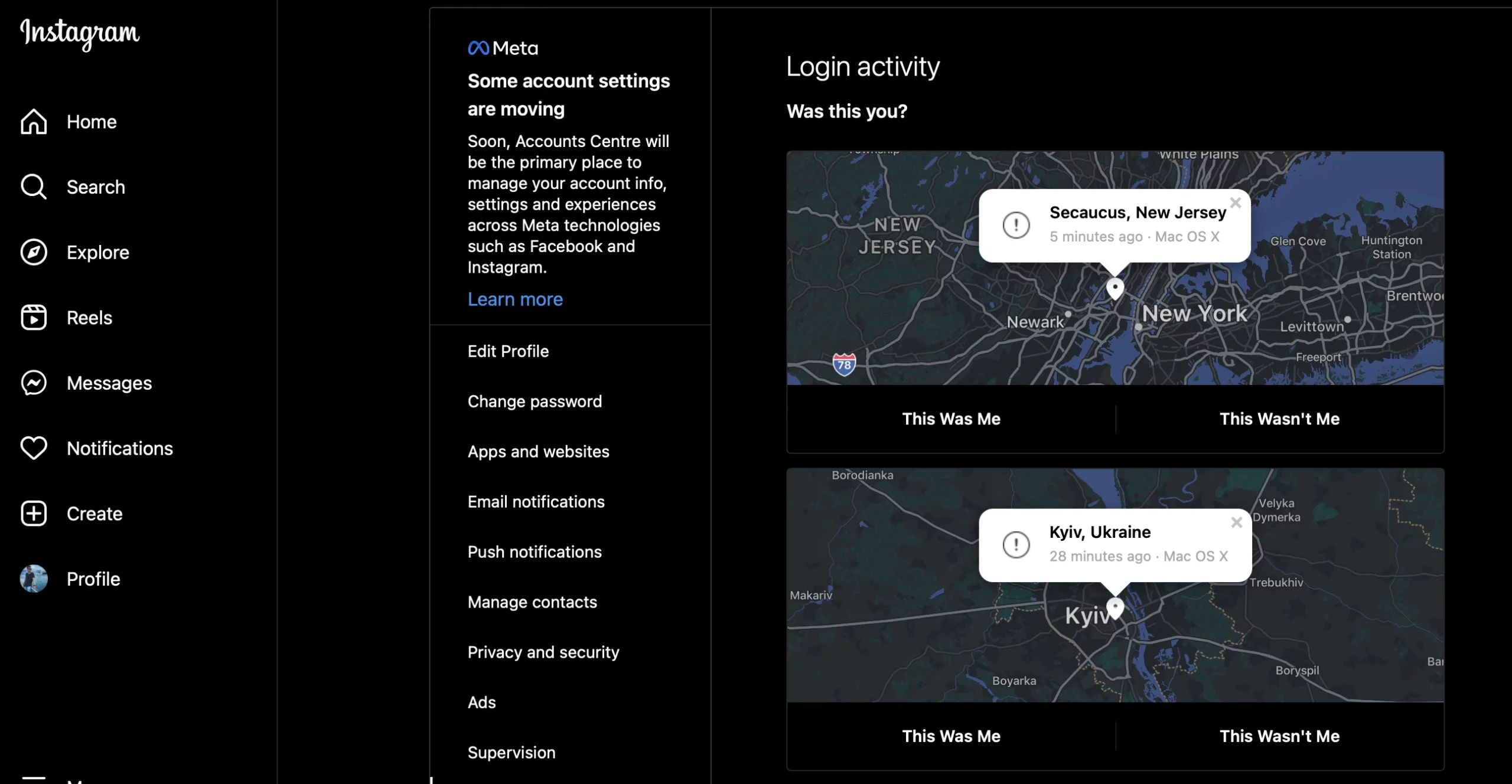
Boost your social media security by using a VPN
If you want to kick things up a notch, you can ensure social media security by using a VPN. A VPN, or virtual private network, encrypts your internet traffic and makes it harder for hackers to intercept your data.
For example, if you’re using social media on a public Wi-Fi network, a hacker could intercept your data as it’s being transmitted over the network. But if you’re using a VPN, the data will be encrypted and the hacker won’t be able to read it.
There are many different VPNs to choose from, but we recommend ClearVPN. ClearVPN is a fast, reliable VPN that’s easy to use. And it has a strict no-logging policy, which means that your data will never be stored or shared with third parties.
To get started with ClearVPN, just head over to the ClearVPN website, download the app and sign up for an account. Once you’ve done that, just choose “Smart Connection” mode in the ClearVPN app and now you can rest assured that your data is safe and secure when you’re using social media.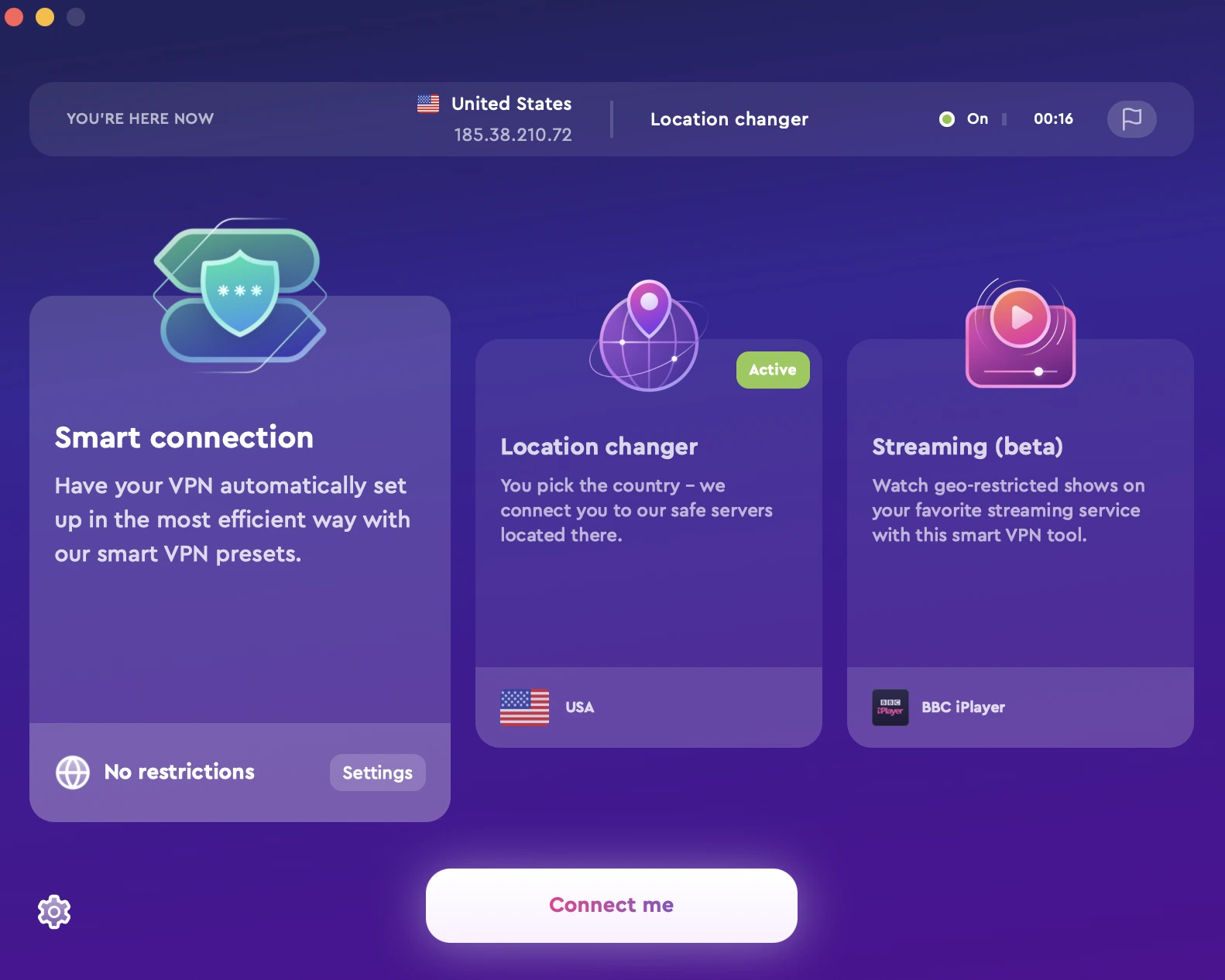
So there you have it — some great tips on how to stay safe on social media! As you’ve probably already realized, every bit helps when it comes to social media security, so make sure to follow these tips to keep your information private. And if you want an extra layer of protection, don’t forget to use a VPN. With ClearVPN, you can easily encrypt your traffic and browse the internet with peace of mind.
FAQs
What should I do if I get a message from a stranger on social media?
If you get a message from someone you don’t know, the best thing to do is ignore it. Hackers will often send out messages in an attempt to trick people into giving them their personal information. So if you get a message that looks suspicious, don’t respond to it.
Should I close social media accounts that I’m no longer using?
Yes, you should close any social media accounts that you’re no longer using. The more social media accounts you have, the more likely it is that one of them will get hacked. So if you’re not using a particular account, there’s no reason to keep it open.
Is it safe to use social media on my smartphone?
Yes, it is safe to use social media on your smartphone. However, you should make sure to sign out of your account when you’re finished using it. That way, if someone does manage to get your password, they won’t be able to access your account because you’ll still be logged out.
